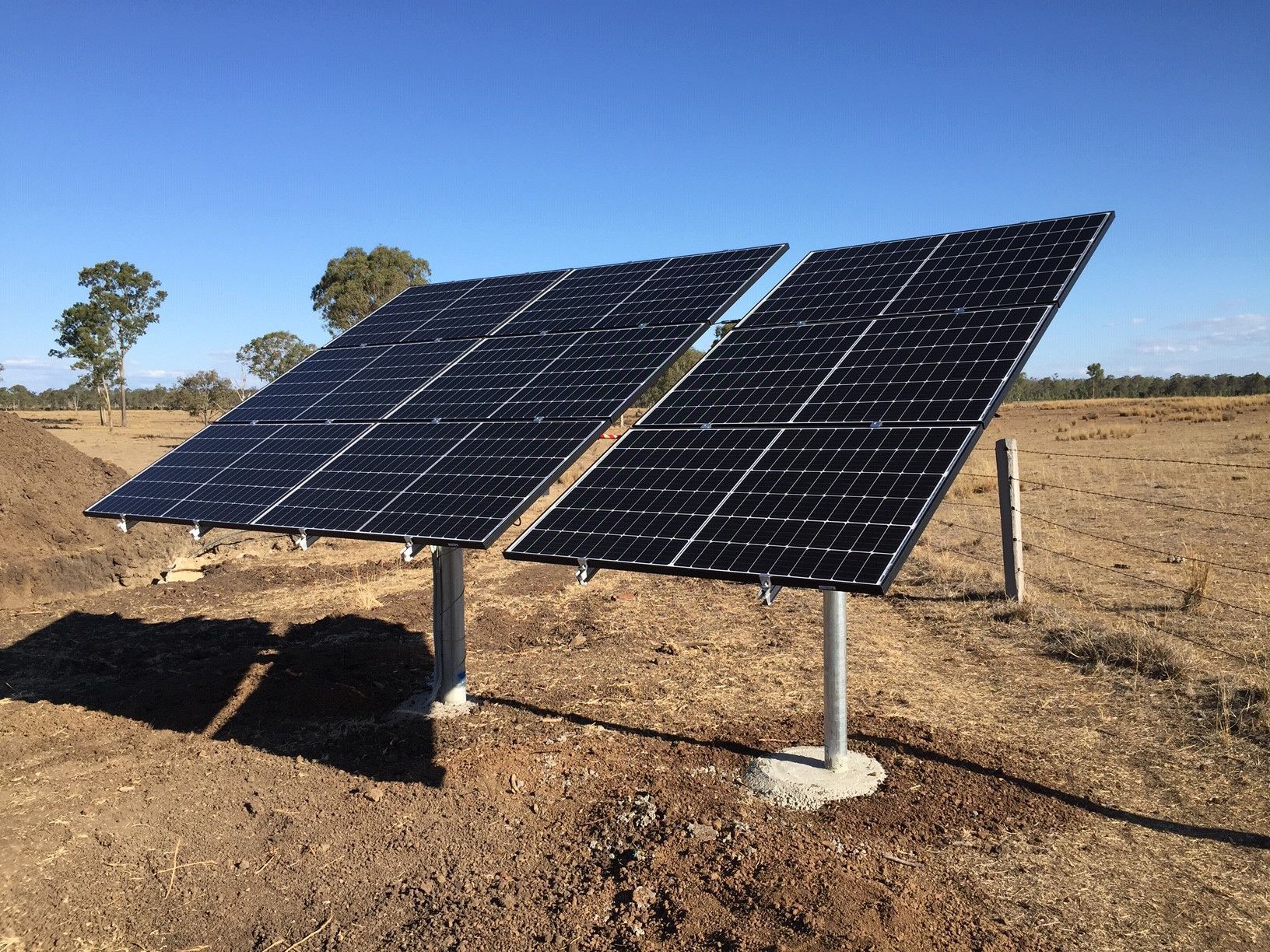1MG FlippingBooks
The family business bringing ‘revolutionary’ water and energy solutions to farmers
At White International, “family business” is more than a marketing term. This innovation-hungry company fosters genuine relationships with customers as it meets their water and energy needs.

White International provides indispensable water and energy management solutions to farmers in Australia and New Zealand, in times of fire, flood, drought, and business as usual. The company employs sales representatives who travel across the continent; works with the market to help their suppliers develop new products; and practises field tests for incoming items before distribution. It may be hard to imagine a family business on this scale, but that’s exactly what White International is.
White International’s National Sales Manager for Australia, Peter Hicks, says the family business model has helped the company grow with care.
“Family business is not a throwaway line, because every family business is different and I’ve been involved in a few in my time,” Peter says. “The ownership really believes in its customers, its people and its suppliers. It’s genuine.”
Peter says one distinguishing feature sets family businesses apart: owners and operators will foster “a genuine friendship — in a business sense — with so many of our customers”.
White International’s customers, usually located in rural and regional areas, need similar resources generation to generation: water and energy.
Though the company has fostered friendships and retained clients over multiple generations, they’re not about to rest on their laurels; Peter believes his clients are “like-minded” in seeking out more efficient, sustainable, and innovative ways to get what they need.
“We spend a lot of time listening to our customers and developing products,” he says. “We’re always looking for innovation. We’re looking to add value to their business.”
Peter says the best value products at White International include their solar panels and control systems, bore pumps, and the DAB Esybox Max.
The Esybox Max — a companion piece to the DAB Electronic Booster Sets — is an integrated pumping system for water pressurisation. Peter describes it as “a genuine revolution” in industrial water supply.
The product comes in three sizes, and has on site assembly capability without needing large expensive equipment or weeks of delay for a traditional booster set to be made. The National Sales Manager explains: “It takes us from servicing small sheds to a large irrigation capacity in a revolutionary way.”
Peter also teases at White International’s “hidden pipeline of innovation”, saying there are “very high-end products in the works that we’re not going to declare to the market just yet”.
He says the company is consistently developing new items, “either directly by us or in conjunction with our supply partners”.
Illustrating White International’s commitment to involving its clients and suppliers in the product development process, Peter explains that the company employs a “product steering team” involving finance, product management, technical staff, customer service, sales, and himself. They first discuss and test product designs themselves, then send prototypes to “key partners in the field” and make changes based on feedback.
“It’s continual,” Peter says of development. “The problem we have is which idea to pick. We have plenty of ideas. It’s quite exciting really.”
The National Sales Manager rejects the stereotype that the industrial services are resistant to new technology. When he speaks of excitement about new prototypes, it’s not just in the room with the product steering team — it’s on site, where they’re tested during a real job for the first time.
Peter sees a thirst for agricultural technology that isn’t being satiated.
“In our space, it’s quite underdone,” he laments. “There’s opportunity there for people.”
Asked where up-and-coming innovators should look for opportunity, Peter points toward that vital ground: water and energy. He names innovation that decreases the cost of sustainable energy usage as the industry’s most intense craving.
“The cost of fuel will go up,” he warns. “It’s a fact that running a diesel generator is nowhere near as healthy as running a solar panel, or charging a battery, or running with hydro.”
Peter relishes his work, but leaves with a quote from White International’s owner, Tony Ryba. It’s strangely fitting.
“I don’t give a rats about the products,” Peter recounts Tony saying. “It’s not about the products. We want a relationship.”
KEY BENEFITS – DAB ESYBOX MAX
- Single, double, triple, or quadruple systems available
- Capable of servicing buildings over 14 floors tall
- Each unit includes hydraulic connection base, electronic vertical multi-impeller pump, display, Wi-Fi module, pressure sensors, non-return valve on delivery, variable frequency drive, water-cooled permanent magnet motor, and an expansion tank
- Units can be installed on-site
- Compatible with DConnect
















